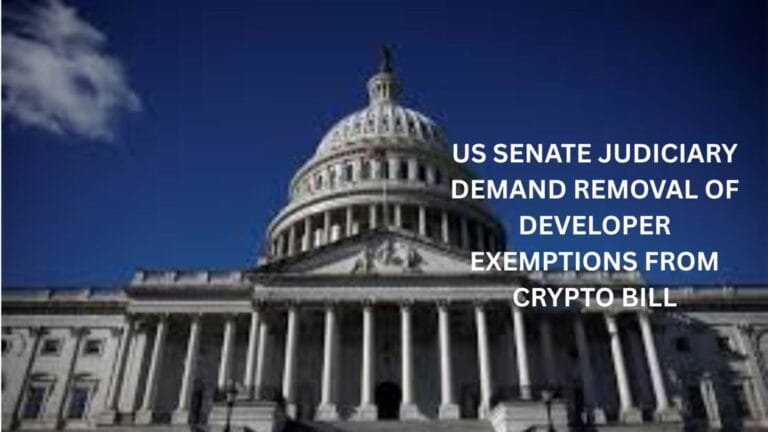Key takeaways:
- The US IRS has hired two new private-sector specialists in cryptocurrency taxation to concentrate on digital assets.
- The IRS intends to enhance compliance in developing areas, such as digital assets, by utilizing funds from the IRA.
Two new private sector specialists in cryptocurrency taxation have been hired by the US Internal Revenue Service (IRS) to concentrate on digital assets.
After the US tax filing season officially began on January 29, the IRS sent out numerous notices to the public requesting that they declare any income from cryptocurrency and digital assets, including nonfungible tokens (NFTs). As demonstrated below, cryptocurrency obtained through staking or as rewards must be disclosed among other places.
The IRS reports that Sulolit Mukherjee and Seth Wilks, the two recent hires to the IRS, have been appointed executive advisers to the department. It also stated:
“The pair, who have extensive experience in the tax and crypto industries, will help lead IRS efforts building service, reporting, compliance and enforcement programs focused on digital assets.”
IRS Commissioner Danny Werfel thinks the department can successfully construct a digital assets infrastructure “in a way that works well for everyone” with the assistance of private sector experience.
The IRS intends to enhance compliance in developing areas, such as digital assets, by utilizing funds from the Inflation Reduction Act (IRA), a federal law designed to reduce inflation.
It is significant to remember that US taxpayers are exempt from reporting cryptocurrency transactions made with fiat money, stored in wallets, or transferred between two wallets owned by the same individual.
The IRS announced on January 17 that bitcoin transactions exceeding $10,000 do not require reporting just before the start of tax season. The government intends to publish a regulatory framework before implementing the rule.
The ruling reversed a new legislation that went into effect on January 1 and compelled all US businesses to record crypto transactions above $10,000. According to the IRS:
“At this time, digital assets are not required to be included when determining whether cash received in a single transaction (or two or more related transactions) meets the reporting threshold.”
Additionally, the US House Financial Services Committee pointed out several fundamental issues with the January 1 legislation’s “poorly constructed digital asset reporting requirements.”
The future for global financial stability is still challenging, according to FSB chair Klaas Knot, in a letter to G20 finance ministers and central bankers. But the FSB unveiled its plan before the ministers and bankers conference in São Paulo on February 28 and 29. Asset tokenization will be one of its main topics.










